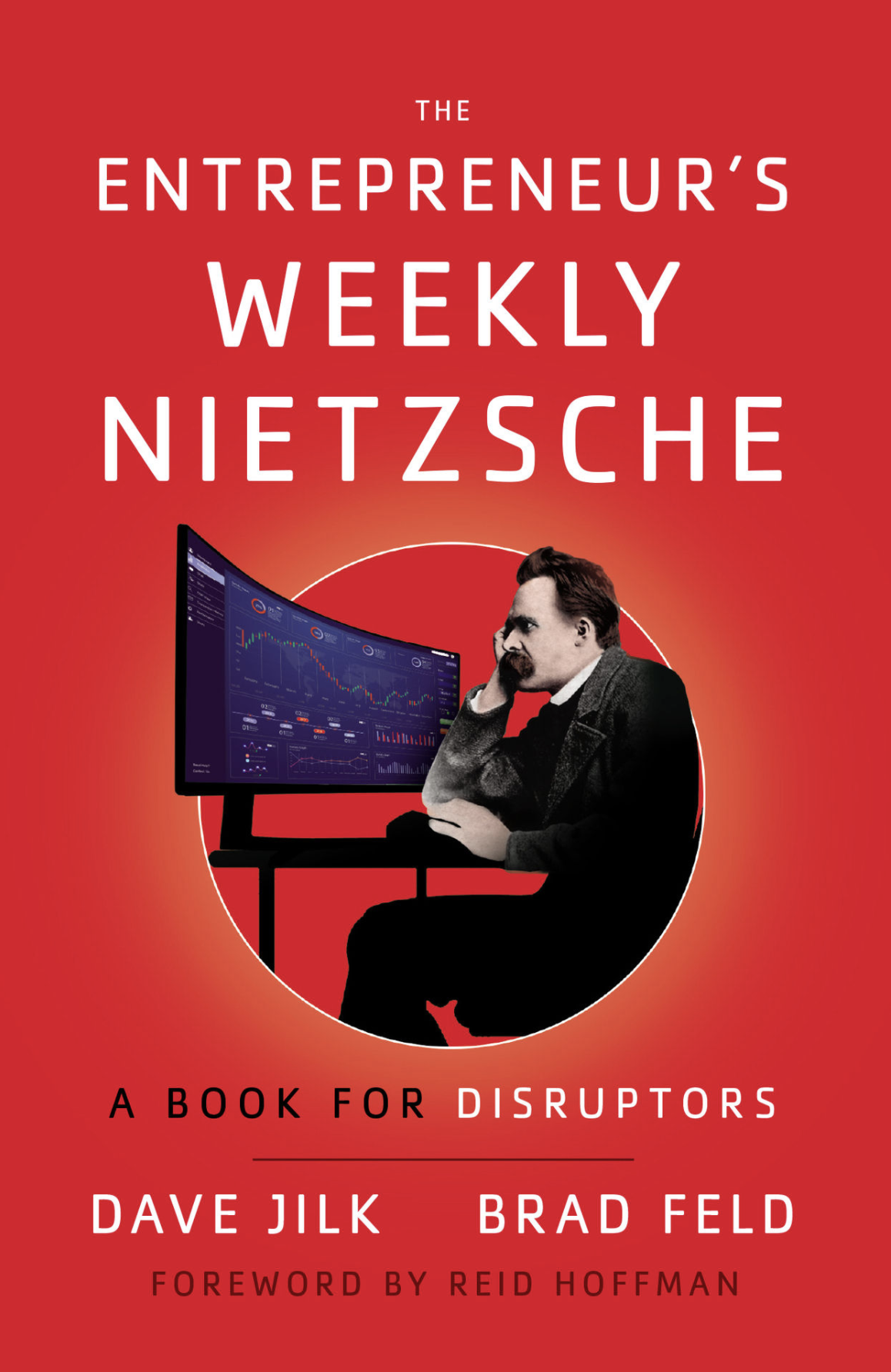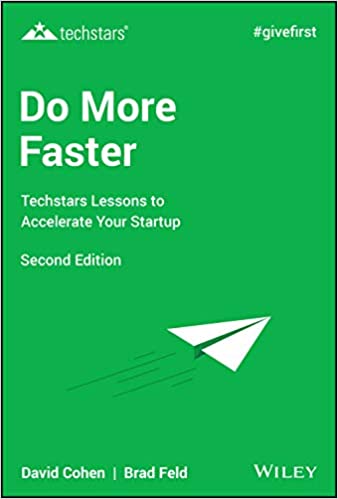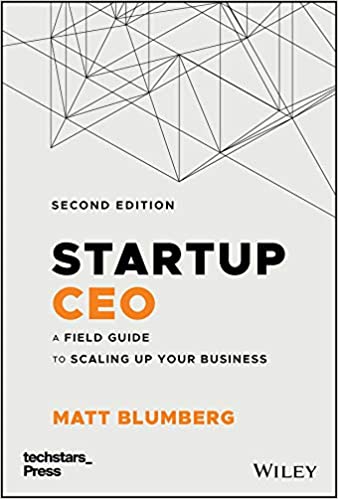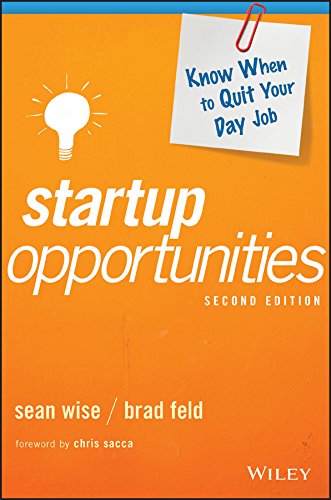The Board of Directors Dream Team
Guest Post By Scott Maxwell – Open View Partners – (Managing Director & Founder)
7 Board Roles Every Expansion-Stage Company Needs to Have
About a year ago, I published a post on our Labs site that compared the brilliance of the NBA’s Dream Team (no, not the one that included LeBron James and Kobe Bryant last summer) to the management team that expansion-stage companies should be trying to build.
I talked about why a great CEO is reminiscent of Michael Jordan coming into his prime, but why Jordan (and great expansion-stage CEOs, for that matter) couldn’t have won an Olympic gold medal on his own. Jordan needed Hall-of-Fame talent like Magic Johnson, Larry Bird, John Stockton, Patrick Ewing, Charles Barkley, David Robinson, and Karl Malone to help him do that.
Along those lines, expansion-stage CEOs need to surround themselves with a talented team of finance, sales, marketing, product development, and customer service executives, and managers who compliment their strengths. That variety of skill and knowledge is the foundation that often takes a business from “good startup” to “great, big business.”
On that note, I’d like to piggyback off of the Dream Team analogy for this post, and talk about why the same principle of assembling the right kind of talent applies to far more than a management team. It applies to your board of directors, too.
Like an expansion-stage management team (or a basketball team, for that matter), there’s much more to assembling a board than simply appointing company co-founders and recruiting the most high profile former executives or brand name investors you can find. While there are specific board seats that every company needs to fill (investor seats, management seats, and independent seats), the actual board roles you recruit should be dictated by your company’s biggest skills gaps and needs.
Which is why, as venture capitalist Brad Feld wisely writes on his blog, it is so critical to perform a gap analysis before taking any steps toward building an expansion-stage board. You need to be able to pinpoint the skills you have, understand the skills you need, and identify the skills you could benefit from the most long-term. Without that information, you’ll end up blindly recruiting board members that may or may not deliver real value to the company.
So, what are the core roles that make up an expansion-stage board of directors Dream Team?
As Feld writes in the aforementioned post, growing businesses typically benefit most from financial expertise and specific product, sales, or marketing skills. Oh, and a deep Rolodex never hurts.
In my experience, however, there are seven specific board member personas that are most valuable to an expansion-stage board:
1) The Head of the Audit and Compensation Committee
This person should have previous financial experience (e.g., a former CFO or public auditor), and he or she must work with the CEO, CFO, and other board members to ensure the financial and legal well being of the business. Additionally, this role is responsible for ensuring that the company’s compensation plan is under control and competitive.
2) The Ying to the CEO’s Yang
This role is typically filled by a board member who is complimentary, in some way, to the CEO. For instance, if the company’s CEO has a sales background, this person might possess a stronger product development or customer experience background. The idea, quite simply, is to identify someone that can help the CEO think outside the box and broaden his or her own skill set.
3) The Personification of the Company’s Target Market
Typically filled by an independent board member, this is someone who possesses a keen understanding of the company’s target market. They tend to possess a strong network of target buyers, and can monitor the pulse of — and trends in — your market. For instance, if your company’s primary buyer is the CMO of enterprise software companies, you might recruit a former CMO of a similar company to fill one of your board seats.
4) The CEO Advisor and Mentor
While the previous three roles were more externally focused, this role has much more to do with to the company and its CEO’s skill set gaps. The CEO advisor and mentor should be a retired CEO that has guided a company through the expansion stage. They can provide the CEO with relevant insight, expertise, and feedback, particularly as the business begins to scale.
5) The Exit Strategist
While company executives focus on scaling the business, someone needs to begin to think about the company’s strategic direction, economic model, and exit plan. Should the business shoot for a merger or acquisition, or is the better exit strategy an IPO? If a company has accepted outside financing, this role is typically the responsibility of investor board members.
6) The CEO in the Flesh
It might sound obvious to suggest that a company’s CEO must also be a board member, but some boards fail to elevate the CEO to the level they should. That’s a critical mistake. If the CEO is supposed to command respect and serve as the company’s primary leader, how can he or she do that without commanding respect from the board? As board members, a CEO may not have the same power that they do over their executive team and managers. It’s still their job, however, to lead and manage the board.
7) The Chairman of the Board
This role might seem obvious, too. Deciding who should fill it, however, can be a tricky issue. There are two approaches that companies can typically choose from:
- The CEO also assumes the role of Chairman: In this case, it’s a good idea to appoint a senior director who can work with the CEO/Chairman to ensure that other board members’ voices are being heard.
- An independent board member serves as Chairman: If the company’s CEO is already stretched thin and can’t afford the time to serve as Chairman, it’s generally a good idea to appoint a director who can organize the board, keep everyone on the same page, run a good board meeting, and foster board cohesion. Ideally, this person will be an independent board member.
So there you have it.
Ultimately, I like the way that respected venture capitalist Fred Wilson sums up the importance of board chemistry and cohesion in a post on his blog:
“Like a well functioning startup or a top flight sports team the chemistry between the participants on a board must be strong. That doesn’t mean they need to be best friends who hang out with each other outside of the job. It does mean they must respect each other and lean on each other’s strengths to get to the right decisions.”
All sports analogies aside, an expansion-stage board is a team. And like any team, you need to construct yours with a set of people who add unique value to the organization. The more you can acquire unique perspective and align it with your management, operational, and strategic goals, the more likely it is you’ll derive something meaningful from your board.
The key is to spend the appropriate amount of time constructing your board initially. Otherwise, you’ll spend an inordinate and unnecessary amount of time deconstructing and reconstructing it later.









